Kairo
2008-ongoing | 8mm film, sound | 70 minutes
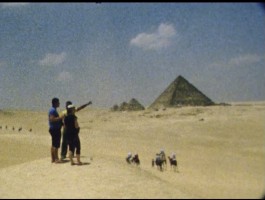
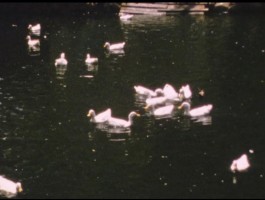
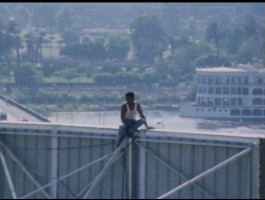
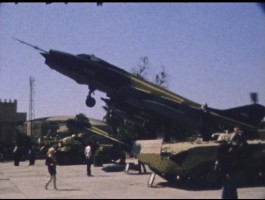
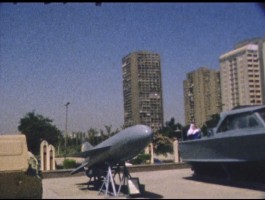
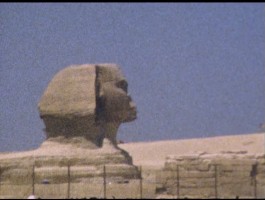
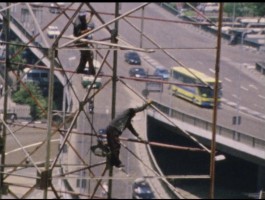
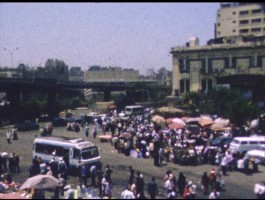
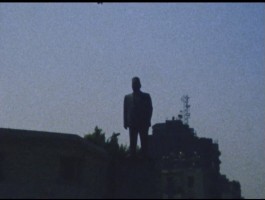
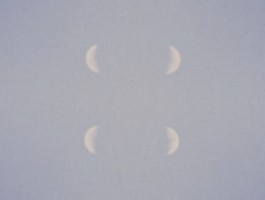
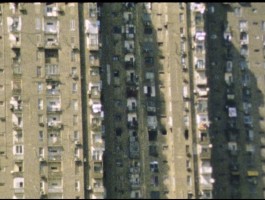
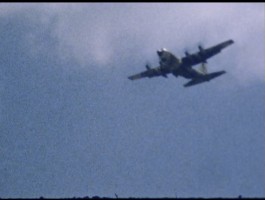
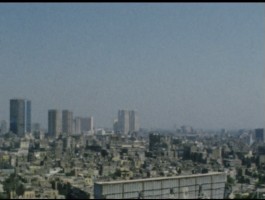
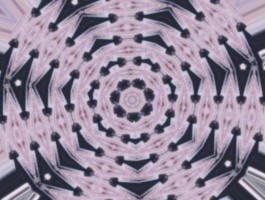
Kairo, Video excerpt
Kairo, Video still
Kairo, Video still
Kairo, Video still
Kairo, Video still
Kairo, Video still
Kairo, Video excerpt
Kairo, Video still
Kairo, Video still
Kairo, Video still
Kairo, Video still
Kairo, Video still
Kairo, Video still
Kairo, Video still
Kairo, Video still
Kairo, Video still
The film is a diary of a Lebanese director’s life in Cairo. Obsessed with Egyptian movies, he believes that the composite picture he’s assembled of the Egyptian capital is the truth or as close as one can get to the truth. But as he spends more time in the city, his diary inevitably begins to record the collisions between the city in film and the city in real life.
He begins to document the routine bustle of the city. Through the choice of super 8mm film, which endows the images with the lure of found footage, the director attempts to illustrate his intimate relationship with the city. The footage, although shot by the director, possesses the feel of so many reels filmed by amateurs throughout the 70’s and 80’s. In fact, the image the director has of Cairo, both literally and figuratively, is still shaped and determined by this type of footage he used to watch all the time. He tries to cast a tender, cinematic eye over the city, and yet, without irony, he chooses to shoot in the most photographed parts of the city, or the preferred cinematographic locations: the high court, the cafes on the Nile, the city center...
In addition to filming habitual happenings in the city, the director begins to record an audio diary in which he narrates his daily observations and experiences. At first, his voiced account corresponds very well with what the spectator sees. Image and voice go hand in hand, interdependent instruments that illustrate and maintain his attentive and controlled perception of the city. But matters suddenly take a radical turn. The incidents become less mundane and increasingly surreal as the director gets stabbed in a flea market, which coupled with the extreme heat outside, trigger his slow descent into derangement and paranoia. Voice and image become manifestly incompatible as his paranoid thoughts dissociate from the cityscape. Where everything is taking place like it usually does, he retreats from the exterior and plunges into a crazed mode of interiority.
Instead of a realist and immediate perception of the city, a new image of Cairo now begins to form in his head, expanding within the imaginary landscape he has retained for years. He decides to isolate himself, literally freezing his apartment and staying inside until suddenly the power goes out (an homage to the 1992 film El Hobb fi El Tallaga - Love in the Fridge). He decides to leave his apartment only to discover that the Egyptian revolution is taking place. The film becomes animated, performing a profound closure. The world of familiar 8mm images is no more. Instead, the film becomes filled with eccentric characters radiating from his imagination, and absurd happenings culminate in a theatrical fall of Hosni Mubarak. It is through these animated nervous projections and paranoid visions, which now look nothing like his hand-held camera footage or the actual streets of Cairo, that the director can finally realize the city he has always envisioned.
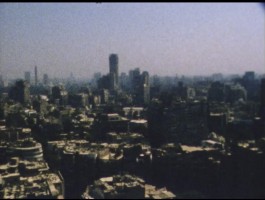
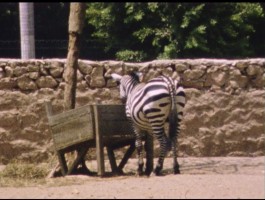
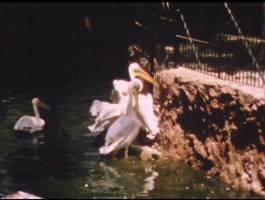
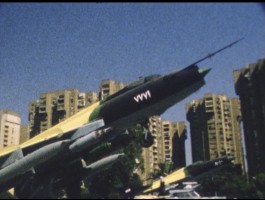
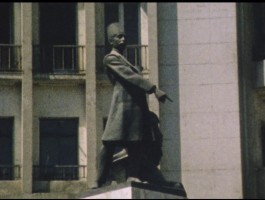
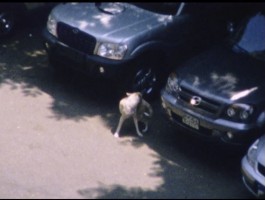
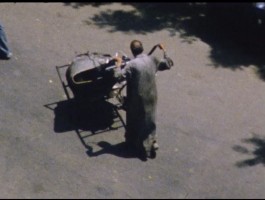
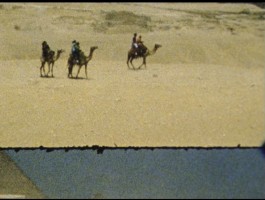
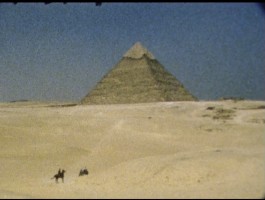
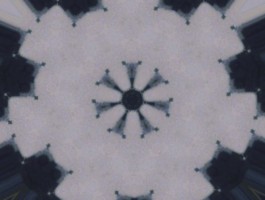
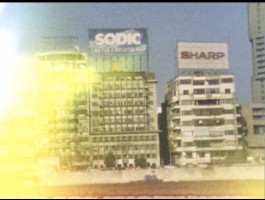
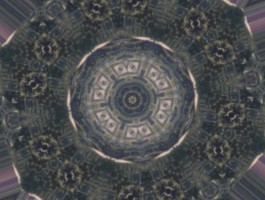
Kairo, Video excerpt
Kairo, Video still
Kairo, Video still
Kairo, Video still
Kairo, Video still
Kairo, Video still
Kairo, Video still
Kairo, Video still
Kairo, Video excerpt
Kairo, Video still
Kairo, Video still
Kairo, Video still
Kairo, Video still
Kairo, Video still
Kairo, Video excerpt
Back to Top